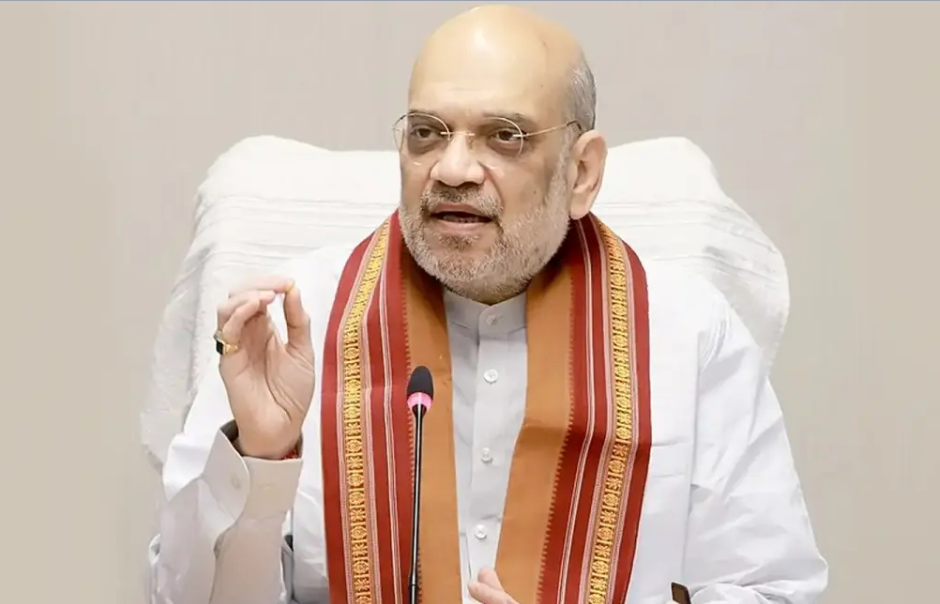BJP wants anti-conversion law in Maharashtra, a step Card Gracias calls unacceptable
India’s Home Affair Minister Amit Shah announced the policy presenting his party’s election manifesto for the 20 November state election. Currently, 10 out of 36 Indian states and territories have such a draconian law on the books, which is used to intimidate Christians. “No government can come into my soul,” says the archbishop of Bombay. “Freedom of religion and conversion is a human right,” he adds.
Mumbai (AsiaNews) – In case of victory in Maharashtra state elections on 20 November, the Hindu nationalist Bharatiya Janata Party (BJP) intends to introduce the infamous anti-conversion law in the populous state that also includes Mumbai.
India’s Home Affairs Minister Amit Shah, one of the BJP’s foremost leaders, made the announcement on Sunday during the presentation of his party’s election manifesto. In Maharashtra, the BJP is part of the Mahayuti coalition, which includes the Shiv Sena party led by incumbent Chief Minister Eknath Shinde and the Nationalist Congress Party of Ajit Pawar.
The adoption of a very strict law making conversions virtually impossible is one of 25 points listed by Amit Shah for the agenda of the new legislature.
It is not hard to see that the BJP is trying to play the sectarian card in the last days of the election campaign. For their part, local Christian communities greeted the news with dismay.
“No government can enter my soul and tell my conscience, saying, 'you cannot change religion'." For the archbishop of Bombay, speaking to AsiaNews, the "Governments of those states wishing to introduce anti-conversion laws, forced conversions,” which are often blamed on Christians, "are meaningless" for the Church.
This is the case not only because “the documents of Vatican Council speak clearly against them, but mainly because, for Christians, conversion is primarily a transformation of heart,” Card Gracias said.
"Not by chance', he added, "the Church imposes a long period of catechumenate to test the sincerity of those seeking baptism". What is more, “Freedom of religion and conversion is a human right, a sacred right in our Constitution,” the prelate explained.
Ultimately, “No civil authority has the right to enter the shrine, which is the conscience of every single person, let alone decide what a conscience should say. No government can come into my soul and tell my conscience saying, 'you cannot change your religion. You must worship God in this way’.”
Currently, 10 out of 36 Indian states and territories have adopted anti-conversion laws. The first one was Odisha (Orissa) as early as 1968, followed by Madhya Pradesh (1968) and Arunachal Pradesh (1978).
With the rise of the BJP in the 2000s, this kind of legislation was adopted and often toughened in other states: Chhattisgarh (2000), Gujarat (2003), Himachal Pradesh (2006), Jharkhand (2017), Uttarakhand (2018), Uttar Pradesh (2020), and Hariyana (2022).
In 2022, an anti-conversion law was also adopted in Karnataka, but was repealed in 2023 when the BJP was defeated in state elections. Conversely, in Rajasthan, where Hindu nationalists took power in late 2023, similar legislation is set for passage in the state assembly.
02/03/2006
27/05/2019 17:09







.png)










